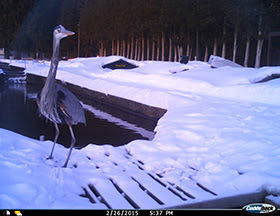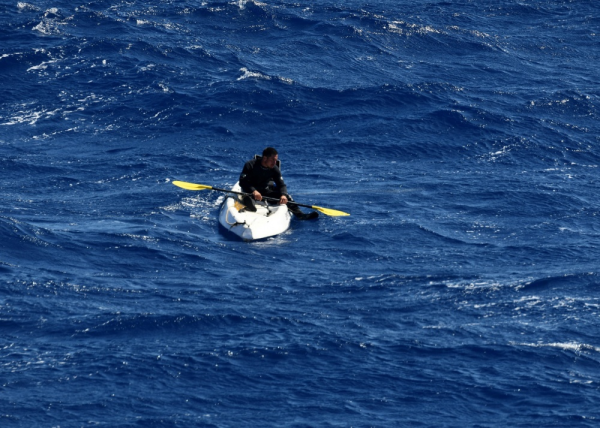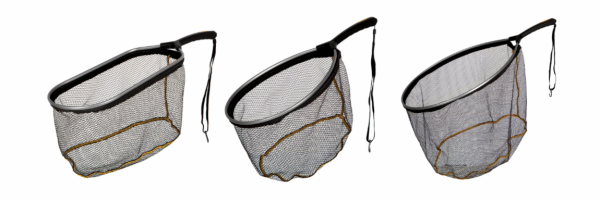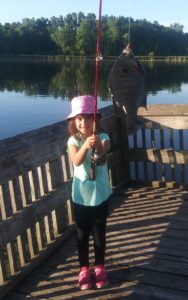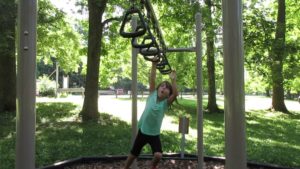By Glen Wunderlich
Charter Member Professional Outdoor Media Association
It has been termed a win for public lands, as the U.S. House of Representatives has passed the Great American Outdoors Act with a 310-107 vote. The Senate passed the bill in a 73-25 vote on June 17, with a broadly bipartisan group on the yeas and an entirely Republican group on the nays. With gleeful exuberance Republicans and Democrats have finally agreed on something: more spending. Yippee! President Trump is poised to seal the deal when he signs a bill to amend title 54 of the U.S. Code.
The bill is to establish, fund, and provide for the use of amounts in a National Parks and Public Land Legacy Restoration Fund to address the maintenance backlog of the National Park Service, the United States Fish and Wildlife Service, the Bureau of Land Management, the Forest Service, and the Bureau of Indian Education, and to provide permanent, dedicated funding for the Land and Water Conservation Fund, and for other purposes.
The Act will provide $9.5 billion over five years to address the crumbling infrastructure on America’s public lands and waters, with $6.5 billion in funding going to the National Park Service and an additional $3 billion in funding to repair and maintain infrastructure on public lands overseen by the Bureau of Land Management, U.S. Fish and Wildlife, and U.S. Forest Service. These funds will be used to repair roads, build trails, and improve access for hunting and fishing on public lands and waters across the country.
The Act will also provide full and permanent funding – $900 million annually – for the Land and Water Conservation Fund (LWCF). The LWCF was established by Congress in 1964 to support conservation efforts across the country by purchasing land, implementing easements, and leveraging funding through various federal, local, and state partners. The LWCF has funded almost 50,000 projects to date, spanning nearly every county in America, from vast National Forests to small, local parks. Ensuring full and permanent funding for future land acquisition efforts will continue to make immediate impacts on wildlife conservation efforts and increase access for hunting and fishing across the country.
Said Representative Michael Simpson (R – Idaho), “Not only does this bill support hundreds of thousands of jobs, but it protects and maintains our public lands for generations that aren’t even born yet.”
It all sounds so promising but it also portends something else for “generations that aren’t even born yet”: more debt. Yet, nobody ever wants to address this most precarious sword of Damocles.
Consider the following reality in terms of what we owe. In year 2020 the interest on our national debt is projected to be $376,000,000,000. And, that’s 7.8 percent of the national budget. By year 2026, which does not take into account any COVID 19 costs, the interest on the debt will be $543,000,000,000 and whopping 9.6 percent of the budget.
And, that’s just the interest! And, that just plain incomprehensible, when one stops to consider that one billion is one thousand million.
And, here we all are enjoying the fruits, much like the Emerald Ash Borer has enjoyed our once-prolific hardwood trees’ succulent juices beneath the bark. Of course, the operative words are “once-prolific.”
So, let us rub our collective hands together. Just don’t look up.
